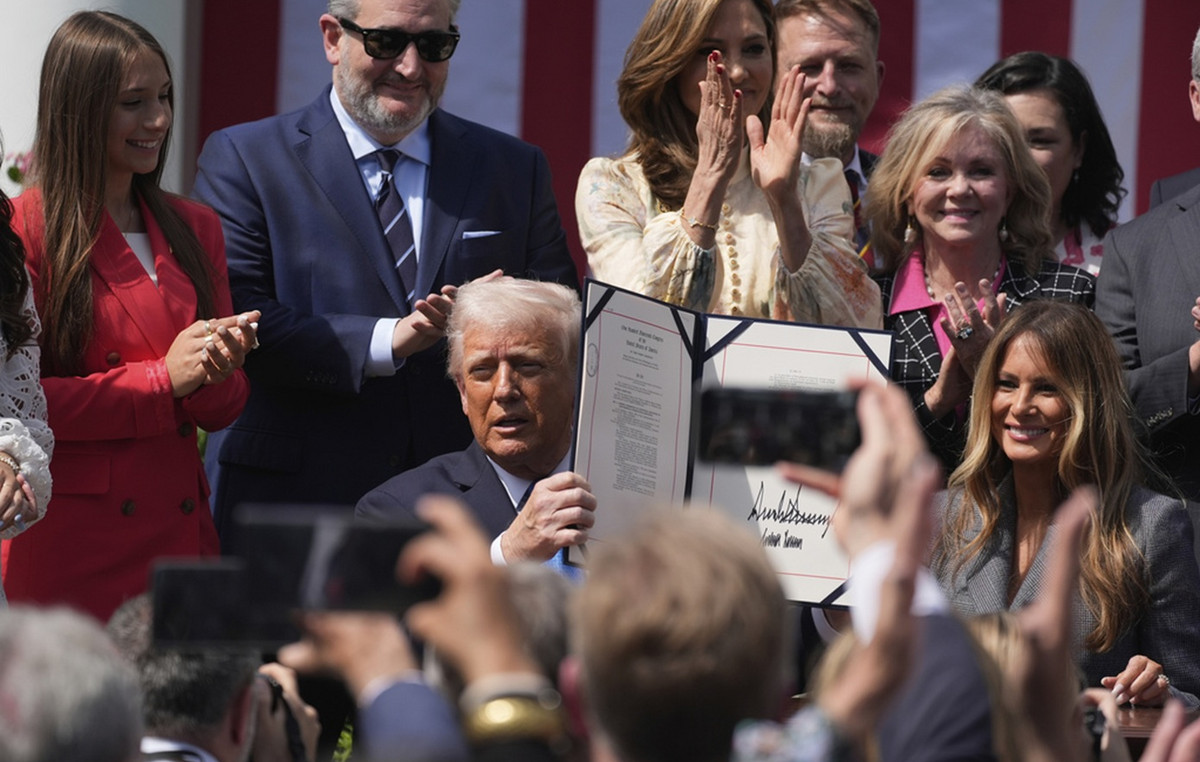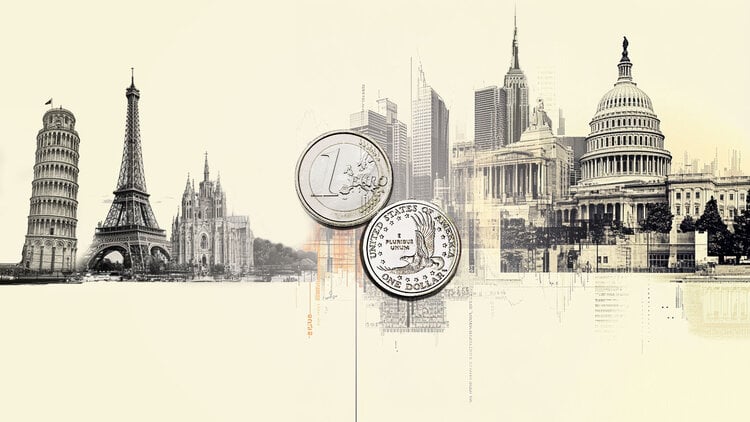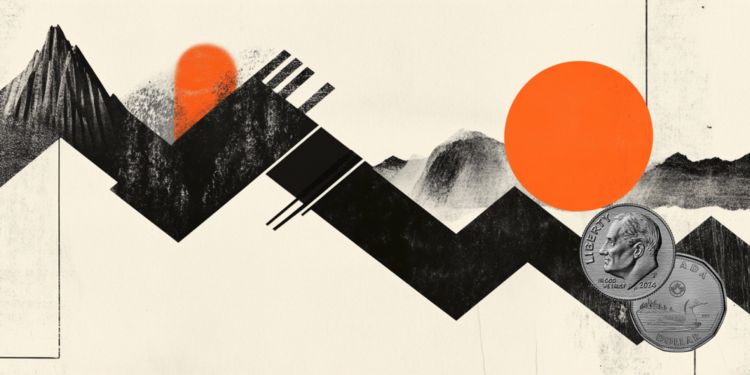In the midst of a dengue outbreak that has already killed at least 151 people in Brazil this year alone, an unprecedented survey to which CNN had access shows that 87% of Brazilians want to be vaccinated against the disease. Only 11% said they do not intend to be immunized.
The survey carried out by the Institute for Research in Reputation and Image (Ipri) — formerly the FSB Institute — shows that 61% of the population has a “very great” (41%) or “great” (20%) fear of contracting the disease.
The research shows that the barrier between the Brazilian's arm and the needle is much more in the financial issue than in ideological resistance promoted by anti-vaccine movements, which impacted Brazil at the height of the covid-19 pandemic, which, despite being small, the group had noisy action.
Only 19% of respondents would be willing to pay for the vaccine. Another 79% would not pay. This demonstrates the dependence of the Brazilian population on vaccination campaigns promoted by the Unified Health System, the SUS.
Currently, the Ministry of Health is distributing 1.2 million doses free of charge to states and municipalities to vaccinate children aged 10 and 11.
The Qdenga immunizer, manufactured by the Japanese pharmaceutical company Takeda, was sold privately. The two doses needed to complete the vaccination schedule cost from R$800. Now, the company has committed to selling primarily to the government.
Brazilian vaccine
The Butantan Institute has been studying the dengue vaccine since 2016. The results confirmed the effectiveness of 79.6%, in a single dose. The expectation is that the vaccine will be approved and begin to be distributed later this year. Due to the increase in cases, the Ministry of Health's guidance to the National Health Surveillance Agency, Anvisa, is to give top priority to the Brazilian vaccine against dengue.
The approval of the national immunizer, which has the provisional name of Butantan DV, depends on two main factors. The first is the Institute's own ability to scale production, that is, to be able to increase the capacity to manufacture more doses. To this end, production is being tested on new equipment.
The second obstacle should begin to be resolved this week. In general, vaccine developers usually present a dossier with all the information on safety, efficacy and production capacity at once. But due to the urgency of the case, Anvisa will accept receiving Butantan's reports in a sliced manner. In the coming days, technicians from both institutions will meet so that the agency can indicate which data it can receive first.
Source: CNN Brasil
I’m James Harper, a highly experienced and accomplished news writer for World Stock Market. I have been writing in the Politics section of the website for over five years, providing readers with up-to-date and insightful information about current events in politics. My work is widely read and respected by many industry professionals as well as laymen.







